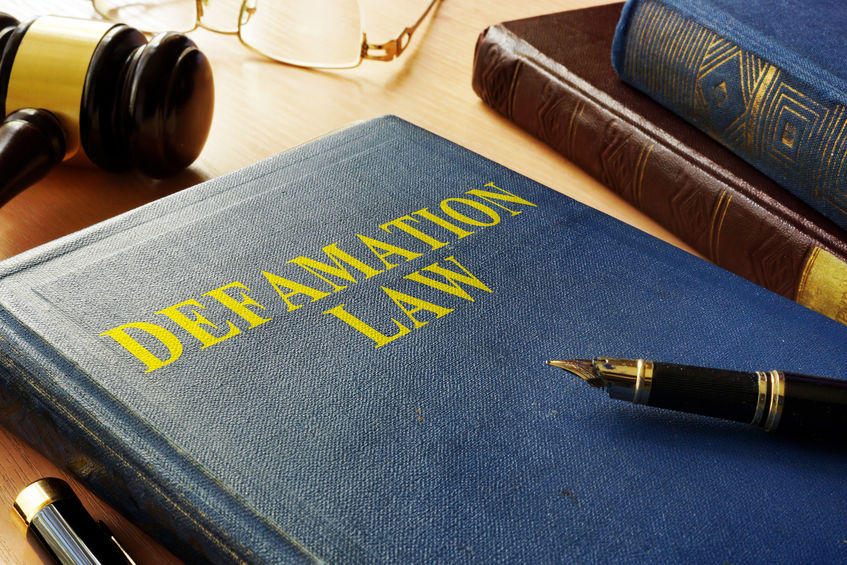What Is the American Rule in Florida?
In the United States, attorney’s fees are generally governed by the so-called American Rule. The American Rule is a legal rule used in the majority of the U.S. states, including Florida, that establishes that each side to a lawsuit will pay its own attorney’s fees. There are some exceptions to this rule, and courts have broad authority to award attorney’s fees based on applicable statutes, contracts, or the behavior of a party in a litigation proceeding.
For example, courts can award attorney’s fees to the prevailing party if both parties have agreed to such a condition in a contract, or if there is a specific statute that grants attorney’s fees to the prevailing party in a certain case. If both parties prevail in different legal arguments, the court will conduct a balancing test and distribute attorney fees using its own discretion.
Another important exception to the American Rule is the court’s power to grant attorney’s fees to the opposing side if a party has brought a “frivolous claim” or has brought a claim in “bad faith”.
What is a Frivolous Claim in Florida?
Florida Statute § 57.105 governs the award of attorney’s fees to the prevailing side in a frivolous claim lawsuit. A frivolous claim is one that is brought by a party or the party’s attorney when the party or the party’s attorney “knew or should have known” that such a claim when initially presented to the court was not supported by either material facts or application of the existing law to those material facts. § 57.105(1), Fla. Stat. See also Chue v. Lehman, 21 So.3d 890, 892 (Fla. 4th DCA 2009).
It is not often that the courts rule claims to be frivolous, as there is a high legal standard to be met. However, when courts find claims to be unsupported by material facts or frivolous, they often sanction both the losing party bringing such a claim and the attorney for that party as well.
Can You Get Attorney’s Fees in a Defamation Case in Florida?
The answer is it depends. In Florida, a defamation claim alone “does not establish a statutory or contractual basis for attorneys’ fees”. Carroll-Brufsky v. E.W. Scripps Co., 2012 U.S. Dist. LEXIS 49278. In a defamation case, a plaintiff may ask the court for punitive damages. However, to be awarded punitive damages in such a case, he would have to first prove “malicious intent” on behalf of the defendant. Id. Therefore, a defamation case does not necessarily entitle a plaintiff to attorney’s fees. It is worth noting that courts in general have been reluctant to award attorney’s fees in the absence of a contractual or statutory obligation.








